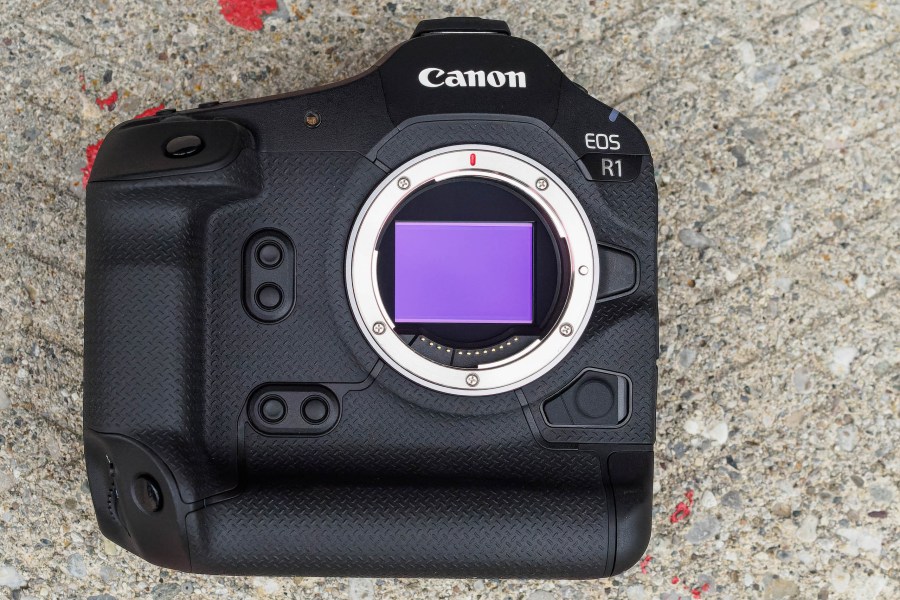Canon has released its latest results for the financial year ending December 31st, with total sales in its Imaging Business Unit increasing by a sizeable 8.8% year-on-year to ¥937.4 billion (around £4.9 billion) and income before income taxes growing by 5.4% to ¥154.3 billion (£897,606 million). Going forward, Canon revealed it wants to achieve an 8.2% sales growth for cameras overall, with the focus on increasing shipments of full-frame cameras – particularly the EOS R1 (above) and EOS R5 Mark II – and expanding sales of RF lenses.
While this is hardly big news, the company also said that it intended to increase production of compact cameras in order to hit its sales target. ‘With the spread of social media, compact cameras, which can easily capture images different from those captured by smartphones, are becoming increasingly popular, especially among young people.’
Canon cited the ever-growing back orders for its Canon PowerShot G7 X Mark III, a premium compact now selling for inflated prices on the used market thanks to its popularity with social media influencers. Canon will doubtless have noted the huge international success of the Fujifilm X100VI, so it’s further evidence that predictions of the imminent death of the digital compact were very premature.
Outsourcing plans revealed
Canon Chairman and CEO Fujio Mitarai has also revealed to Japan’s Nikkei business newspaper that the company may outsource production of some cameras as part of a reorganisation of its overseas manufacturing network. ‘We can become more asset-light by outsourcing based on production quantity rather than maintaining our own factories,’ Mitarai said. He noted that Canon has lost about 1.3 trillion yen in total sales in its camera, copier, multifunction device and printer businesses since the 2008 global financial crisis. You can see Canon’s full 2024 results at bit.ly/canon2024numbers (PDF).
Follow AP on Facebook, X, Instagram, YouTube and TikTok.
(via Notebookcheck)








